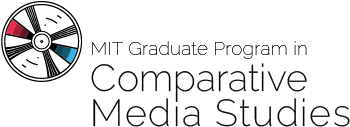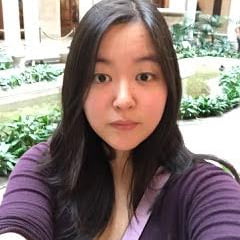In the last few years, the perception of virtual reality (VR) has shifted from an entertaining novelty to an increasingly mainstream technological medium. However, the methods of creating and assessing high-fidelity immersive VR for learning remain nascent. With the growing demands for change in the 21st-century American education system, it is increasingly important for designers and developers to approach the topic of VR for K-12 learning thoughtfully yet critically. This thesis grounds VR within the greater context of technology-mediated learning by examining its affordances, relevant educational frameworks, and cognitive limitations through the academic lenses of pedagogy, cognitive science, and educational psychology. It then utilizes a case study, the CLEVR project, to trace an in-depth example of an ongoing VR game through user feedback, data analysis, and iterative game design. Ultimately, I use findings generated from the CLEVR project to develop recommendations for designing and integrating VR into K-12 classrooms, with the hopes of informing current and future designers about balancing VR’s affordances with learning outcomes in order to develop successful immersive learning experiences.
About Annie Wang
Annie Wang is a researcher and designer fascinated by intercultural exchange, game design, and the power of new media technologies in disrupting and reshaping social science and STEM education inside and outside of the classroom. Originally from Alpharetta, Georgia, she graduated from Wellesley College with a degree in both Media Arts and Sciences (2D Design plus Computer Science) and History. Before joining the CMS program, she was cross-registered and later worked at the MIT Education Arcade and the Game Lab, where she worked to help design both touchscreen and virtual reality-based games for student learning. As a graduate student at MIT, she hopes to further her understanding of the power of media in shaping beliefs and preconceptions and the potential of emerging media in helping both student and adult learners traverse and bridge sociocultural divides.
Outside of academia, she can usually be found researching and testing new recipes, getting hopelessly lost in history museums, collecting pictures of dogs and seals, or debating the intricacies of video game lore.



